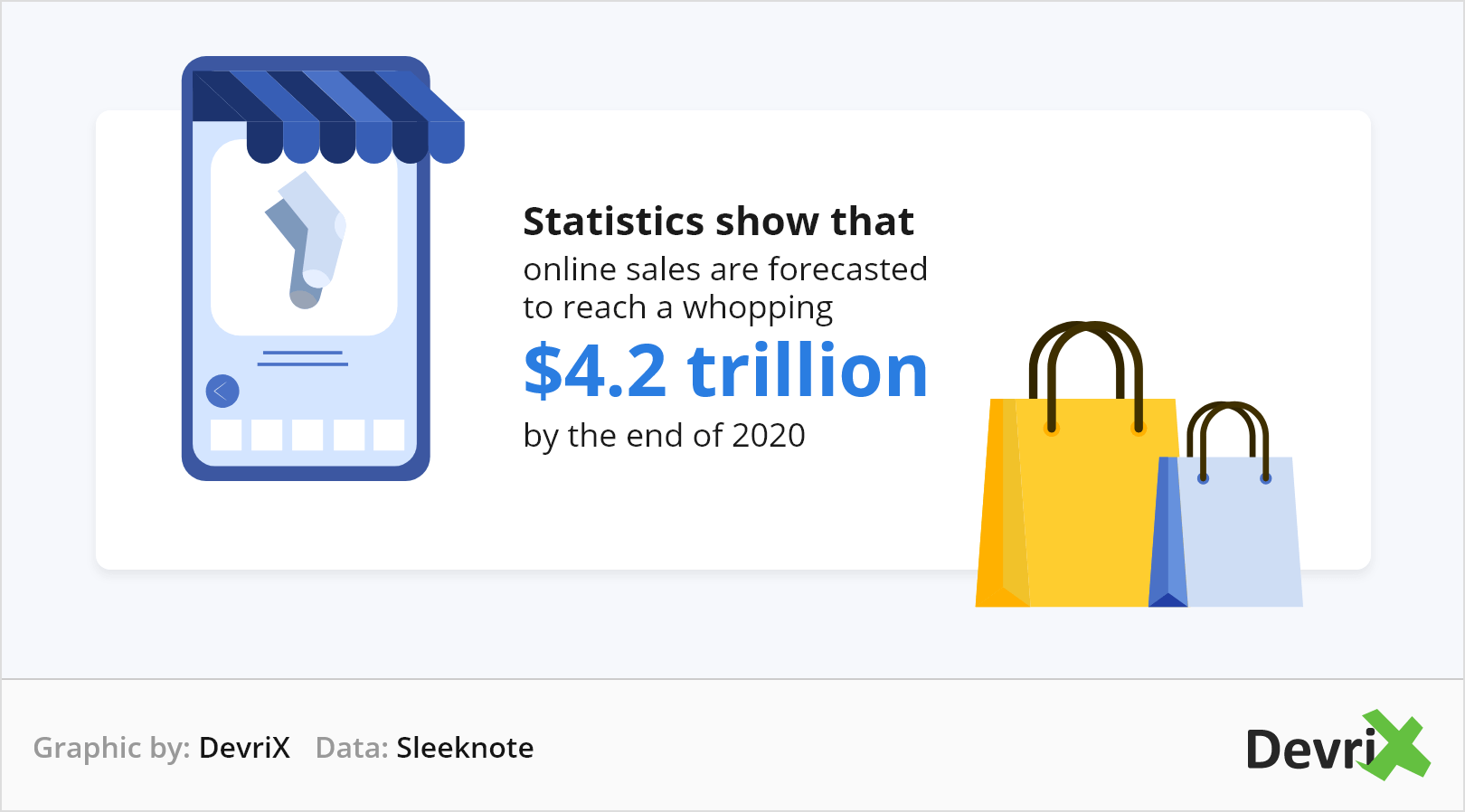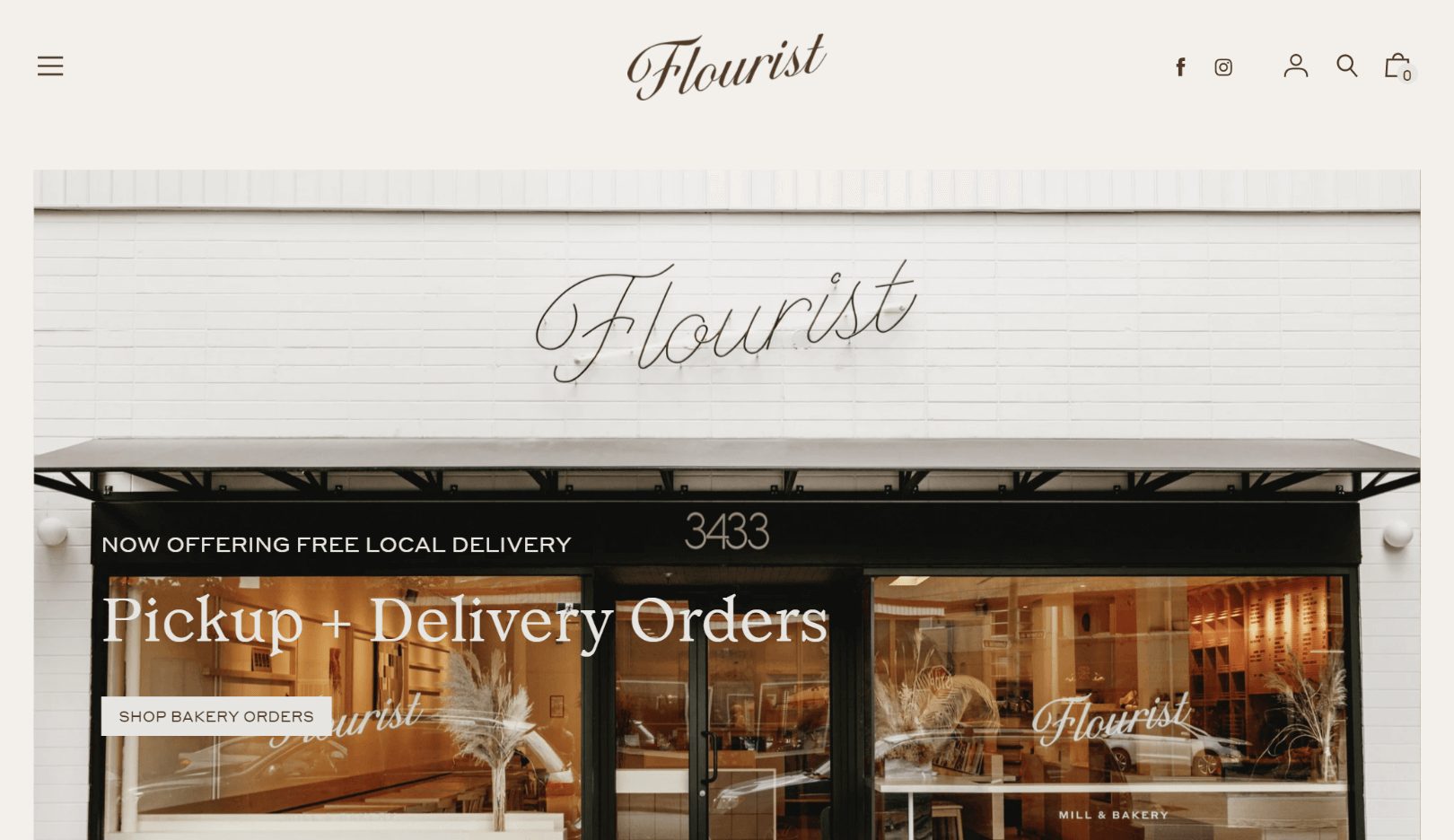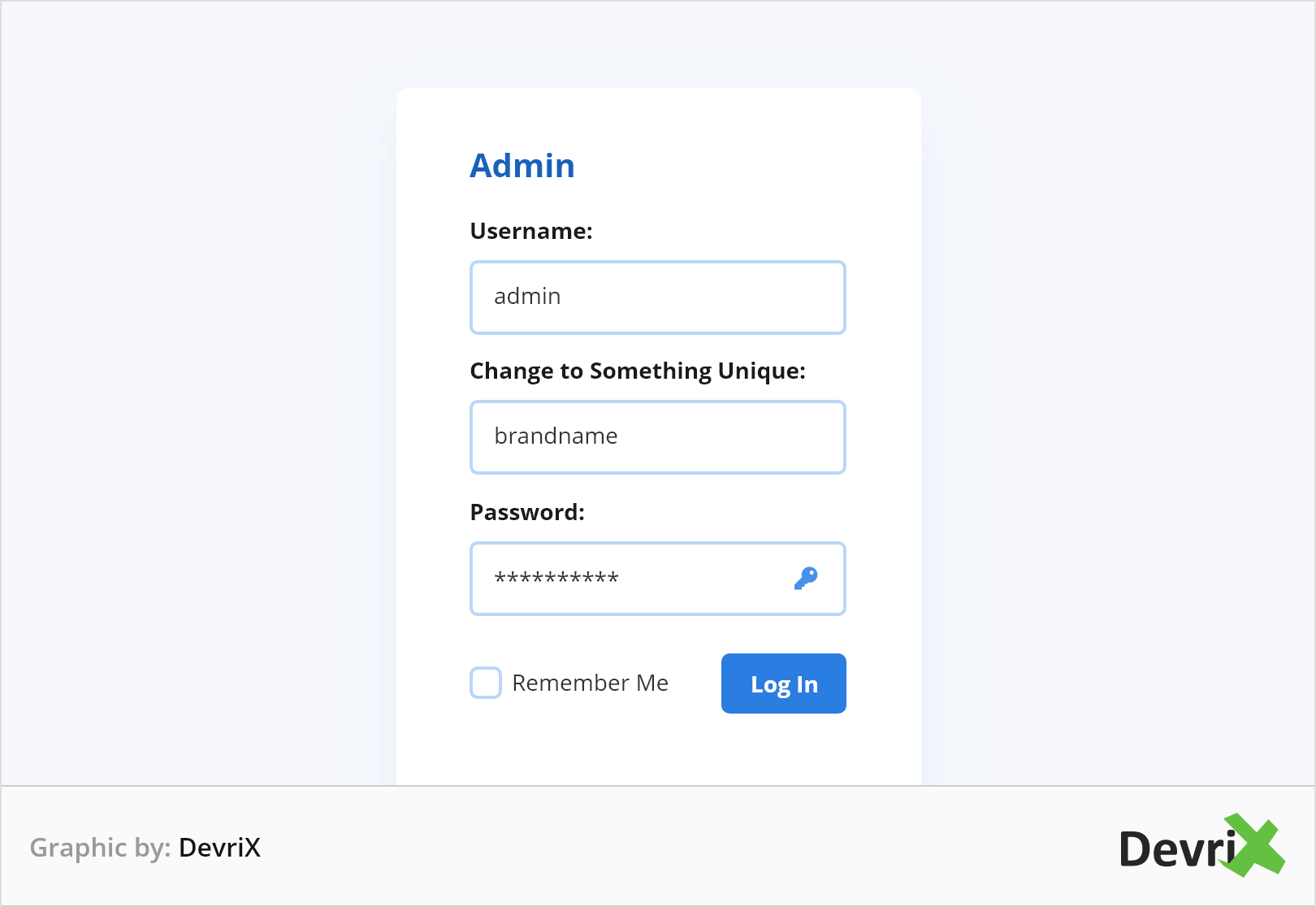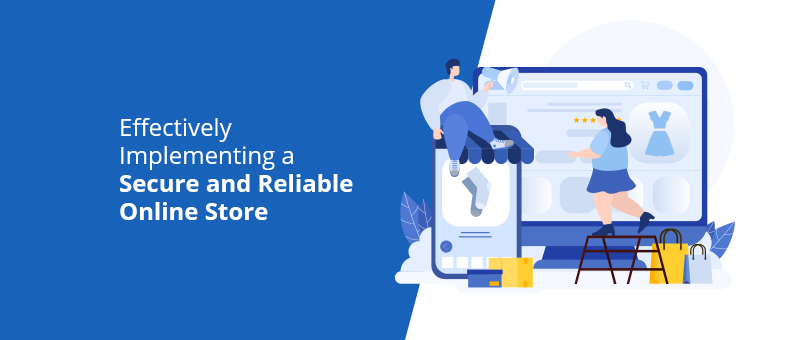There’s no doubt about it: People love to shop online. Statistics show that online sales are forecasted to reach a whopping $4.2 trillion by the end of 2020.

But whilst this is obviously amazing news, consumers won’t necessarily shop at your online store unless you’ve made it safe, secure, and reliable. They want to know that their personal and banking details will be safe with you, otherwise they’ll shop elsewhere. Indeed, according to studies published by HostScore, cybercrime is expected to cost the whole world $6 trillion by 2021. For that and other reasons, their security needs to be your number one priority.
Moreover, you need to protect yourself, too. Chargeback scams cost online merchants billions each year, while eCommerce frauds are increasing year-on-year. Also, if your store gets hacked? You could lose all your data.
In this article, we’re going to show you how to become a secure and reliable retailer so that both yourself and your customers feel safe and secure.
Choose the Right Web Hosting Provider
Security starts with your web hosting provider, although you only need one if you’ll be self-hosting your store. You need to choose one that provides excellent customer experience and helps you sell more products, as well as one that’s going to protect your online store (and your customers) from outside threats.
When choosing your web hosting provider, take a look at whether or not they’ve included an SSL certificate or Wildcard SSL (for Unlimited Subdomain) in your hosting plan. Some web hosting providers bundle it with your plan, but the best plans are those that don’t charge you extra for an SSL certificate.
Try to find a web hosting provider that’s known for placing an emphasis on security. You should also take a look at the price. Whilst there are low-cost options out there, they’re not always the most secure or reliable.
When it comes to building a reliable online store, you can’t really afford to mess around with your web hosting, which is why we recommend going with a premium web hosting service (or even an eCommerce hosting service). This is because, unlike free web hosting services, premium ones are able to handle surges in traffic (think about those times when you’re running a seasonal promo!).
Moreover, when you use a premium server (or, dedicated server), you’ll have a server all to yourself. This can be beneficial in terms of security because you aren’t sharing your server with anyone else. A shared server increases the risk that your store and your customers’ details will be compromised. Moreover, how sure can you be that your low-cost host has invested a lot of money in security?
It’s worth mentioning that, as an eCommerce merchant, you could even choose a Virtual Private Server (VPN). This offers extra layers of privacy for your store as well as customizable security options and scalable performance.
1. Choose a Safe eCommerce Platform

eCommerce platforms like Shopify are aesthetically pleasing, safe and secure
When shopping around for an eCommerce platform, it’s easy to fall into the trap of prioritizing one that looks great and which is super functional. Whilst this is important (along with great web design!), safety and security must be at the top of your list of concerns.
There are actually different types of eCommerce platforms available – some let you self-host your store, others don’t. This is important to note because, whilst WooCommerce lets you self-host, this also means that you’ll be more responsible for implementing security controls. With Shopify, on the other hand, your shop is part of their system and you are less in control of things like security.
Whichever type of platform you choose, someone on your team (if you’re not technically minded, you should ask someone who is) needs to track the software provider’s site to see if there are any new updates. If there are, you need to then make sure they’re being applied to your store because the latest updates are there to protect you from any new types of attacks.
It’s recommended that you use an eCommerce security application that covers all the bases as this will automatically check the software provider’s site for updates, as well as safeguard you from vulnerabilities.
Check this article and specifically the Find your perfect eCommerce website builder section to learn more.
2. Protect Your Admin Area

eCommerce platforms come with a default admin area, where you should change the default admin username.
Why?
Because if you stick to the default username (which is always ‘admin’) you’re making yourself an easy target for hackers. All they need to do next is figure out your password and they’re in.
If you’re self-hosting your store, you can limit access to this area by setting up a list of reputable IP addresses. Who’s on this list? People in your team who are permitted to access your admin area. Anyone who isn’t on the list should not be accepted.
If, on the other hand, you’re operating a Shopify store which isn’t self-hosted, you can’t set up a list of IP addresses. However, you can still protect your admin area by securing your account with two-step authentication.
3. Backup Your Data
Unfortunately, 30,000 websites are hacked each day, and these include online stores. But whilst it would be absolutely terrible if your store ever got hacked, it would be doubly terrible if you hadn’t backed your store up. It’s also worth pointing out that data loss doesn’t always happen because of an attack. It can also happen because your hardware failed, or someone on your team made a mistake.
Most hosting providers offer some sort of automatic backups. The exact details should be available as part of your hosting plan, but the host will typically take a full copy of a server and store it in the data center on a separate device.
Some platforms, such as Shopify, offer extra backup options, such as the ability to export some data for backups. However, this is often manual, which means it’s up to you to keep track of things.
That said, this doesn’t have to be a time-consuming process, and you should aim to backup your data at least a few times a week. This is especially true if you’re not on a hosted platform, because there’s every chance that you won’t have backed your code up. If there’s an attack, you’d be in trouble. You should also back up your databases, themes, configurations and settings, as well as asset files.
Moreover, even if your host does carry out regular automatic backups, it still helps to have your own version. For example, a backup can fail, or it could be missing one or two files. We recommend backing your store up during times when traffic tends to be slow (such as late at night), as the process can put pressure on your server.
That said, if you’re working with a WordPress site, your best option in that case would be to use a plugin because these come with automated backups. Hosting providers also may suggest backups.
4. Enable HTTPS
HTTPS is an online protocol that secures your communications and lets your site visitors know that your store is safe, secure, and reliable. They can just take a look at their browser address bar and see the green lock icon, which tells them your store is what it says it is:

The green lock icon indicates a website is safe to browse
To get HTTPS working, you’ll first need an SSL certificate. We discussed this a little earlier, and a good web hosting provider should include it in your plan.
Next, you need to read through the instructions (each vendor has their own instructions) that will allow you to enable your SSL and HTTPS. The whole process shouldn’t take too long, but you’ll want to instigate as soon as possible.
Once your request has been verified, your certificate will be loaded onto your server, and your store will be given a seal of approval.
5. Don’t Hold Customer Card Data

Payment gateways like PayPal offer security benefits to you and your customers
It depends which eCommerce platform you choose to use, but some let you store your client’s card details. This is actually a big No-No because, while it’s not technically illegal, it could land you in a lot of trouble legally and financially if your systems are attacked.
So what can you do instead?
To build a reliable online store secure for payments, it’s a smart idea to use a payment gateway provider. This way, you can still process card payments, but you’re not storing the data.
A payment gateway provider is an eCommerce application that processes payments for you, ensuring that all payments are kept off your site. In the event of an attack on your store, you can be sure that your customer’s card details won’t be compromised. It just gives you that bit more peace of mind.
Payment gateway providers include PayPal, Neteller and Skrill, and we suggest that you add a few that your customers are familiar with as it will help to build trust while allowing them to shop with confidence.
6. Don’t Store Unnecessary Customer Data
As well as their card details, you don’t want to collect and store too much customer data. In this day and age, their personal data and what you do with it is a hot topic, and it’s crucial that you don’t do anything that will compromise it. The danger is that your online shop might be attacked, and your customers’ data stolen and used for other purposes.
Not sure what data to collect? The golden rule to abide by is to collect data that you actually need to complete a transaction. If you’re tempted to collect more data but know that you don’t really need it, it’s best not to ask for it. It’s one less thing for both you and your customers to worry about!
And if there is specific data that you need to collect and store, make sure it’s kept in a secure online storage repository that’s reputable and trustworthy and performs regular audits and maintains tight access controls.
Conclusion
eCommerce is a booming industry, but making sure you create a reliable online store isn’t necessarily always something many business owners think about. Threats can come in from all angles, and no store is ever 100% safe.
It’s therefore important that you adopt a security-focused attitude. Use the tips in this article to make your store more secure and reliable, but don’t rest on your laurels. Put security at the heart of what you and your team do so that it’s also at the heart of the customer’s shopping experience. This will result in more trust between you and your consumers, which will ultimately yield more sales.

